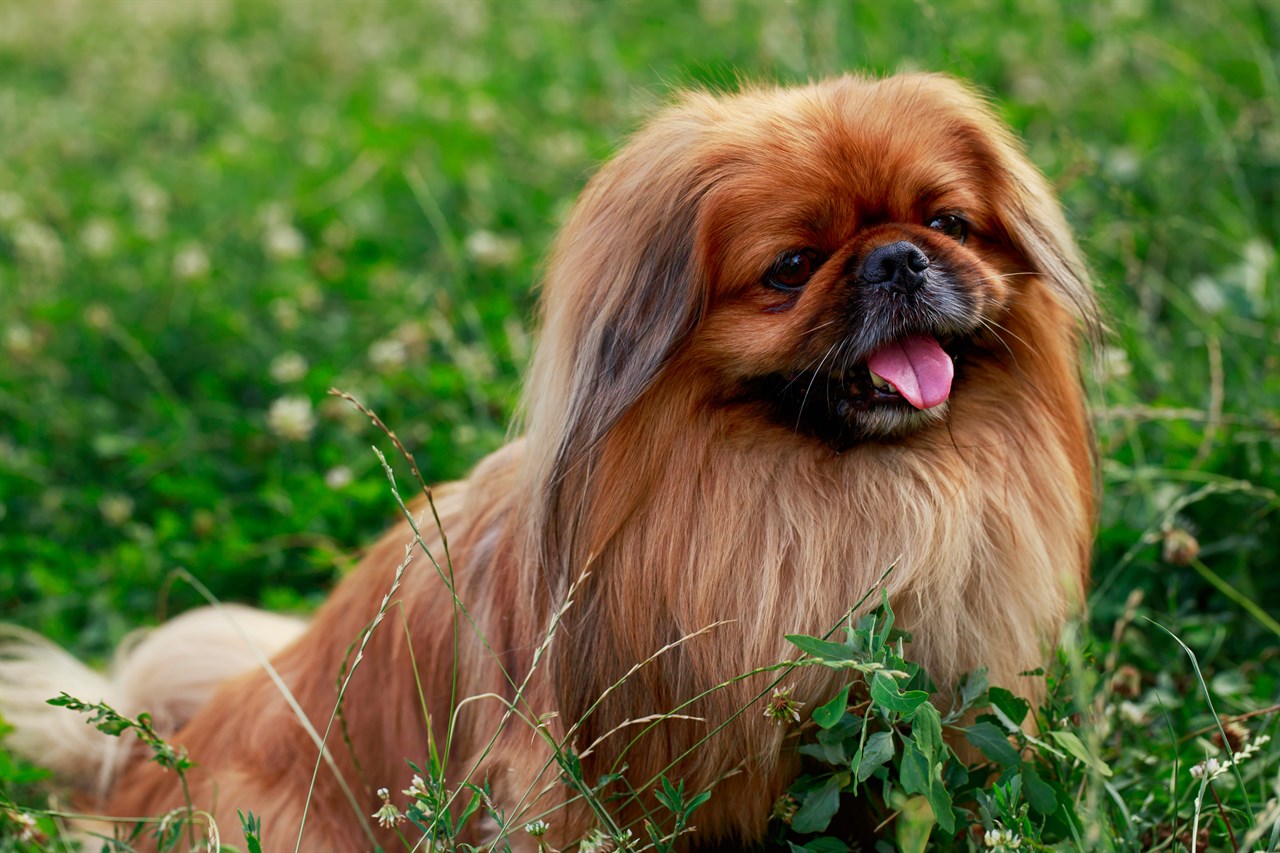Feeding Habits and Food Requirements of the Pekingese

Proper nutrition is essential for the health and well-being of Pekingese dogs, just like any other breed. Understanding their feeding habits and specific dietary requirements can help you ensure that your Pekingese receives the right nutrition to thrive.
Feeding Habits
Pekingese dogs typically have the following feeding habits:
- Small Appetite: Pekingese are known for their small size and often have relatively small appetites. They don't require large meals and can be prone to overeating if portion sizes are too generous.
- Preference for Meat: Like many dogs, Pekingese have a carnivorous nature and tend to prefer meat-based diets. High-quality dog foods that list meat as the primary ingredient are a good choice.
- Picky Eaters: Some Pekingese can be picky eaters. They may have particular tastes or preferences for certain types of food. Offering a variety of foods can help prevent food boredom and encourage them to eat.
- Regular Feeding Schedule: Establishing a regular feeding schedule is important for Pekingese. Feeding them at consistent times each day helps regulate their digestion and prevents overfeeding.
Food Requirements
When it comes to the specific dietary requirements of Pekingese dogs, consider the following:
- Quality Dog Food: Choose high-quality commercial dog food that is appropriate for your Pekingese's life stage (puppy, adult, senior). Look for foods with real meat as the primary ingredient and avoid fillers like corn and soy.
- Portion Control: Be mindful of portion sizes to prevent overfeeding, which can lead to obesity. Follow the feeding guidelines on the dog food packaging and adjust based on your Pekingese's activity level and age.
- Avoid Table Scraps: Avoid feeding your Pekingese table scraps and human food, as these can lead to digestive upset and may not provide the necessary nutrients.
- Fresh Water: Always provide fresh and clean water for your Pekingese. Proper hydration is crucial for their overall health.
- Special Dietary Needs: Some Pekingese may have specific dietary needs or allergies. If your dog has allergies or sensitivities, work with your veterinarian to identify appropriate foods and ingredients to avoid.
- Regular Vet Check-ups: Regular veterinary check-ups can help monitor your Pekingese's weight and overall health. Your vet can also provide recommendations for a suitable diet based on your dog's specific needs.
Treats and Snacks
Pekingese dogs enjoy treats and snacks, but it's important to use them in moderation. High-quality dog treats can be used for training and as occasional rewards. Be cautious about overindulging your Pekingese in treats, as excessive snacking can contribute to weight gain.
Special Considerations
Pekingese are brachycephalic dogs, meaning they have short noses and flat faces. This facial structure can make eating and breathing more challenging. Here are some special considerations for their food:
- Kibble Size: Choose kibble that is appropriately sized for small breeds like Pekingese to make chewing and digestion easier.
- Elevated Feeding: Elevating your Pekingese's food and water bowls can reduce the strain on their neck and make eating more comfortable.
In conclusion, feeding your Pekingese a balanced and high-quality diet, along with proper portion control, is essential for their health and well-being. Understanding their feeding habits and paying attention to their specific dietary needs will help ensure that your Pekingese enjoys a long and healthy life. If you have any concerns or questions about your Pekingese's diet, consult with a veterinarian for guidance.
Pekingese puppies for sale
- Find Pekingese puppies for sale in ACT
- Find Pekingese puppies for sale in NSW
- Find Pekingese puppies for sale in NT
- Find Pekingese puppies for sale in QLD
- Find Pekingese puppies for sale in SA
- Find Pekingese puppies for sale in TAS
- Find Pekingese puppies for sale in VIC
- Find Pekingese puppies for sale in WA